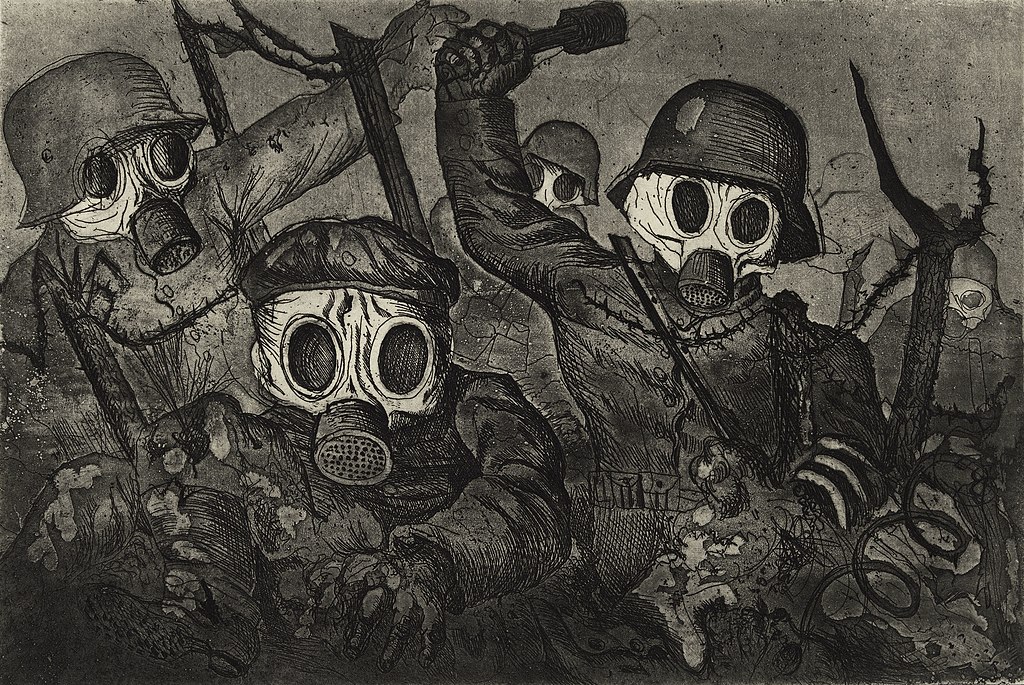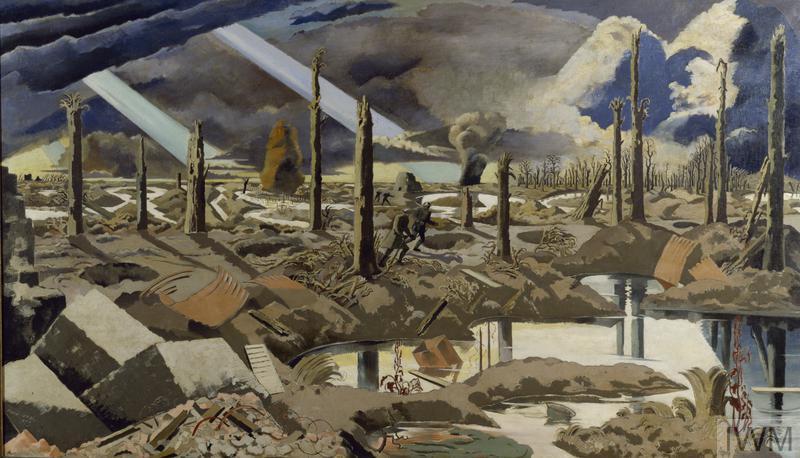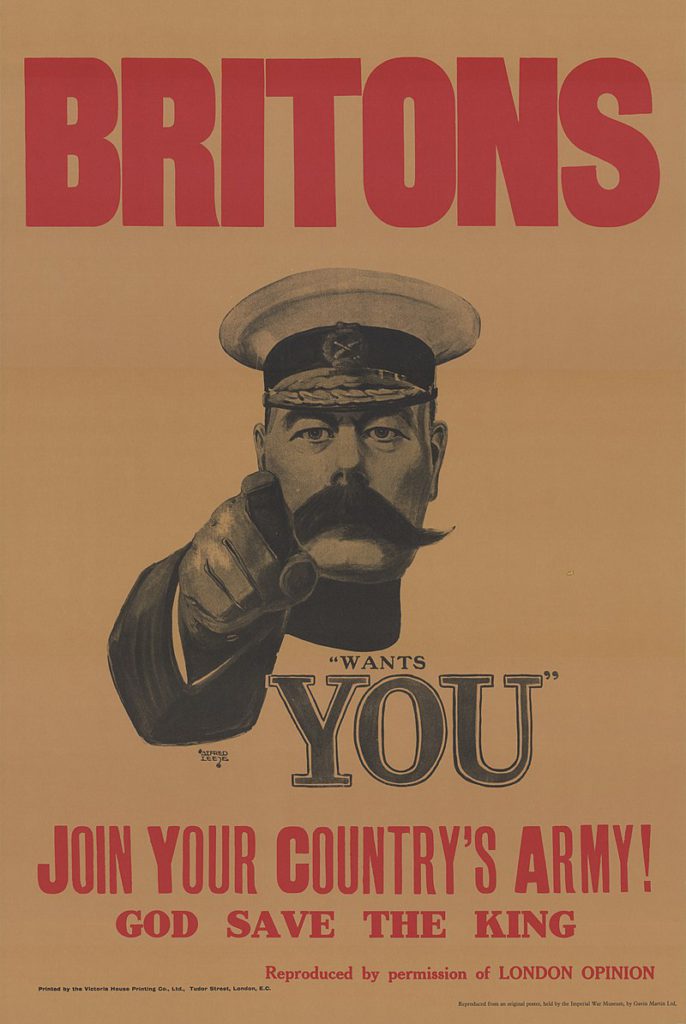The First World War started in 1914 to 1919 and gripped the European continent and their colonies, fought between the Central Powers of Germany, Austria-Hungary, Bulgaria and the Ottoman Empire and the Allied Powers comprised of Great Britain, France, Russia, Italy, Romania, Japan and the United States. It is believed at least 14 million people perished due to the conflict, both military personnel and civilians.
The war started shortly after the assassination of the Archduke Franz Ferdinand in July 1914. However, there are other factors that contributed to the outbreak of war which you can read about here. The war was unlike any other and is generally accepted as a seminal event in 20th Century history, that shaped the course of nations.
The war differed in the level of technology and methodology, such as machine guns, flame throwers and chemical gas. These new methods of war contributed to its brutality, including nature of injuries and extent of deaths. The war was also expected to last for a short period of time like previous conflicts, however it lasted much longer, took many lives and left countless victims.
Due to the nature of injuries, medicine also developed, mainly in the way of plastic or cosmetic surgery to help soldiers return to some normality after the war. The development of medicine was achieved in some part due to the war, however investment and better knowledge of health and hygiene also improved.
The Battle Fronts
The Western Front came to epitomise the First World War, however trench warfare was but one part of the war located in central Western Europe. The Front arose when British and French forces confronted the invading Germany army. As no quick victory became apparent, both sides dug trenches and so began the long and hard won battle of attrition.
The Eastern Front was equally gruelling as the Germans could not secure a quick victory on the fringes of Russia either. The quick mobilisation of Russian troops also contributed to the lack of success. The war nonetheless caused tensions in Russia and the Russian Revolution impacted the war effort. In 1917, Russia reached an armistice with the Central Powers.
Impact on Art and Society
War had a significant impact on the Arts and Society. Society felt as if it grinded to a halt with the total war economy, citizens had to sacrifice luxury and loved ones. The experience of war differed for everyone, old and young, city and rural dwellers, and men and women. Art therefore was one outlet for people to show their experiences of the war.


There are various art mediums you can explore, including paint and sculpture. Good artists to research are Otto Dix and Wyndham Lewis are good artists to explore.
You can also watch some films from the time to understand how citizens escaped, but also learnt about the war. During the time newsreels were played prior to the movie feature.
Radio broadcasts, music and poetry from the time are also useful to understand the experiences of war. The BBC hosts ‘Voices of the First World War‘ which can be found here
In Flanders fields the poppies blow,
Between the crosses, row on row,
That mark our place; and in the sky
The larks, still bravely singing, fly
In Flanders Fields, by John McCrae, May 1915

Propaganda was another important tool during the war, and also used mass media to spread certain biased or politically motivated information. This is highlighted in posters and prints released during the time, some radio broadcasts and movies. Researching propaganda is a useful skill to understand how governments, or those in power, wanted certain citizens to feel or think. Most notably in Germany, propaganda convinced citizens they were winning the war, which is why it came as a surprise when they admitted defeat,
Why don’t you attend a museum or gallery to see the art and artefacts from the war? From viewing art you can get a feel for the emotions and opinions at the time that may differ from conventional views.


